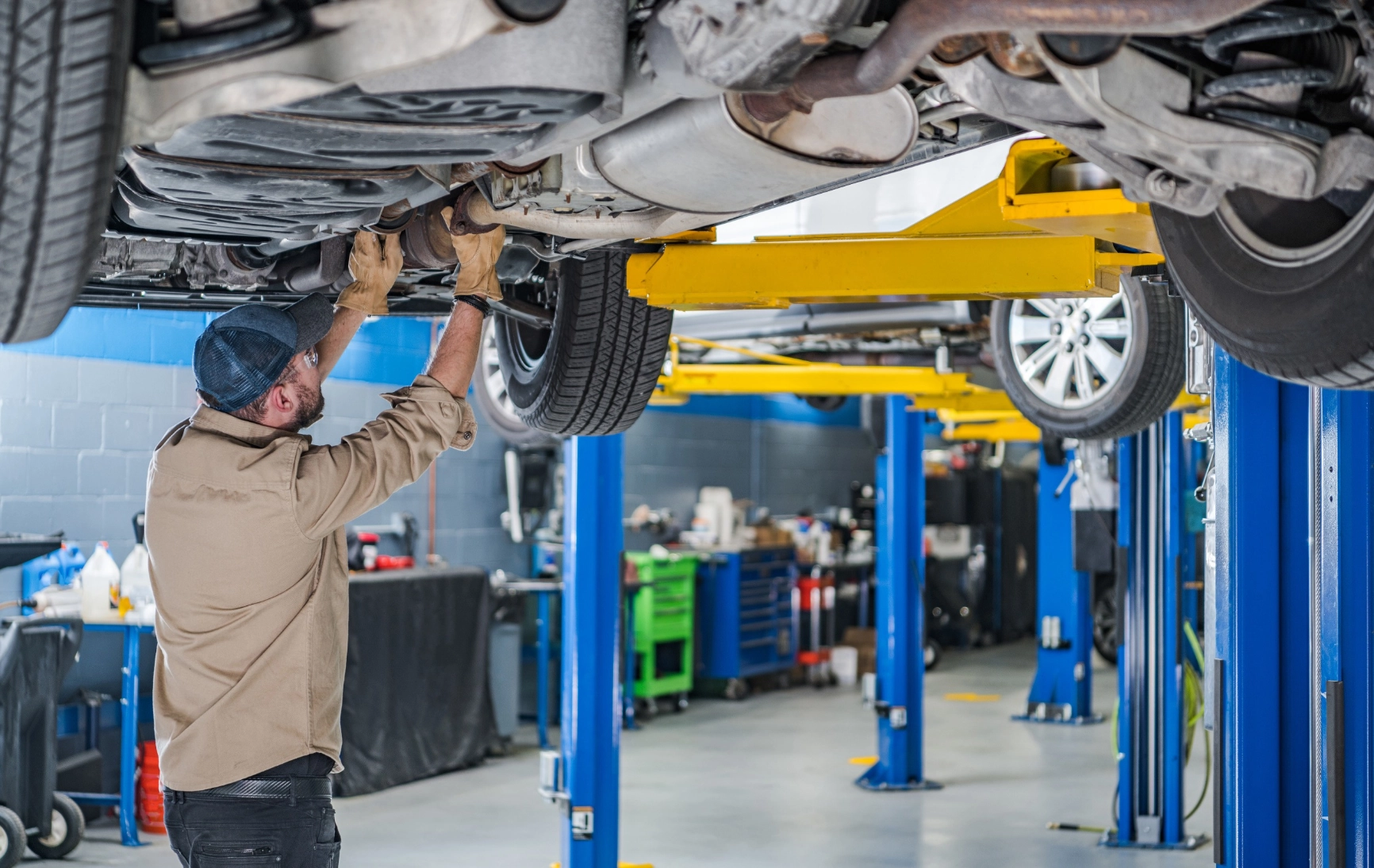All Categories
Featured
Your vehicle's brakes are one of the most essential elements in ensuring your security and the safety and security of others when driving. Regular brake assessments are essential to preserving optimum stopping performance and avoiding expensive fixings. Whether you're an experienced auto proprietor or a new vehicle driver, understanding brake inspection guidelines can help you remain proactive regarding maintenance and ensure your lorry is constantly roadworthy.
- Why Brake Inspections Matter. Brakes undergo consistent wear and tear. The more you drive, the a lot more friction your brake pads withstand, eventually resulting in minimized stopping performance. Without proper inspection, it's difficult to assess when your brakes could be in requirement of repair. Regular brake checks help determine issues early, stopping prospective failings that could put you at risk.
A well-maintained brake system makes certain quick, receptive stopping power, specifically in emergencies. It additionally helps extend the life of your lorry, as neglecting brake maintenance can lead to extra severe, costly issues later.
- Signs You Need a Brake Assessment. While it's critical to have your brakes inspected occasionally, specific indicators may indicate that they need attention. Watch (and ear) out for these warning signals:
Squeaking or Grinding Sounds: Uncommon noises, particularly a high-pitched squeal or grinding sound, often mean that your brake pads are put on down. Resonance or Pulsation: If you really feel vibrations or a pulsing experience when pushing the brake pedal, maybe an indication of distorted rotors or uneven brake pad wear. Lowered Brake Responsiveness: If your brakes really feel less responsive or you need to push the pedal harder to slow down, it may show air in the brake lines or low brake liquid. Drawing away: If your automobile draws away when stopping, it can mean uneven brake pad wear or a brake fluid leak. Dashboard Caution Lights: Some cars have brake-related warning lights that suggest issues like low brake liquid or worn brake components. If you notice any of these signs and symptoms, it's critical to have a professional mechanic do a brake examination immediately.

- What Takes place During a Brake Evaluation? Throughout a brake inspection, an auto mechanic will examine a number of key parts of the stopping system to make sure whatever remains in functioning order. Here's what you can expect throughout the procedure:
Brake Pads and Shoes: The technician will inspect the density of the brake pads or shoes. If they're as well slim, they'll need to be replaced. Brake Rotors: Blades are the discs that the brake pads press versus to slow your automobile down. They'll be inspected for any type of indications of wear, scoring, or bending. Brake Liquid: Reduced or polluted brake fluid can impair stopping efficiency. The technician will examine the liquid degree and top quality and leading it up or purge it if needed. Brake Lines and Pipes: Brake lines bring fluid from the master cyndrical tube to the brakes. The mechanic will inspect for any kind of leaks, fractures, or damages to guarantee proper liquid flow. Brake Calipers and Wheel Cylinders: Calipers and wheel cyndrical tubes press the brake pads versus the blades or drums. The service technician will certainly inspect for wear, leakages, and appropriate procedure. 4. Just how Typically Should You Have Your Brakes Examined? The frequency of brake assessments relies on elements like your driving habits, the sort of car you drive, and the atmosphere in which you drive. As a basic guideline, it's an excellent concept to have your brakes examined every 12,000 miles or annually. If you experience any of the caution signs pointed out previously, it's important to obtain your brakes checked immediately.
For those that often drive in rush hour, mountainous surface, or rough weather, more frequent examinations may be required.
- Value of Timely Brake Repairs. When you discover an issue with your brakes, it's necessary to address it immediately. Postponing brake fixings can bring about more considerable damage to your stopping system, causing greater repair work prices. In severe cases, ignoring brake issues can lead to complete brake failure, which is a significant safety danger.
By staying on top of brake upkeep and dealing with problems quickly, you make certain that your brakes remain to execute as intended, keeping you and your passengers secure on the roadway.
Verdict: Maintain Your Brakes in Leading Forming. Brake evaluations are a basic yet vital part of automobile maintenance. By recognizing the significance of regular assessments, recognizing the indicators of brake issues, and remaining positive with repairs, you can guarantee your lorry's stopping system remains in ideal problem. Regular brake checks give tranquility of mind, recognizing that your auto prepares to react when you require it most. Prioritize brake upkeep-- your security depends on it.
Latest Posts
Find Montclare Auto Repair’s Highly Requested Auto Repairs and Why Drivers Choose Them
Reliable Expenses Door Solutions for Houses and Businesses
Learn How to Cut Costs on Car Maintenance with Montclare Auto Repair’s Exclusive Deals
More
Latest Posts
Find Montclare Auto Repair’s Highly Requested Auto Repairs and Why Drivers Choose Them
Reliable Expenses Door Solutions for Houses and Businesses
Learn How to Cut Costs on Car Maintenance with Montclare Auto Repair’s Exclusive Deals
